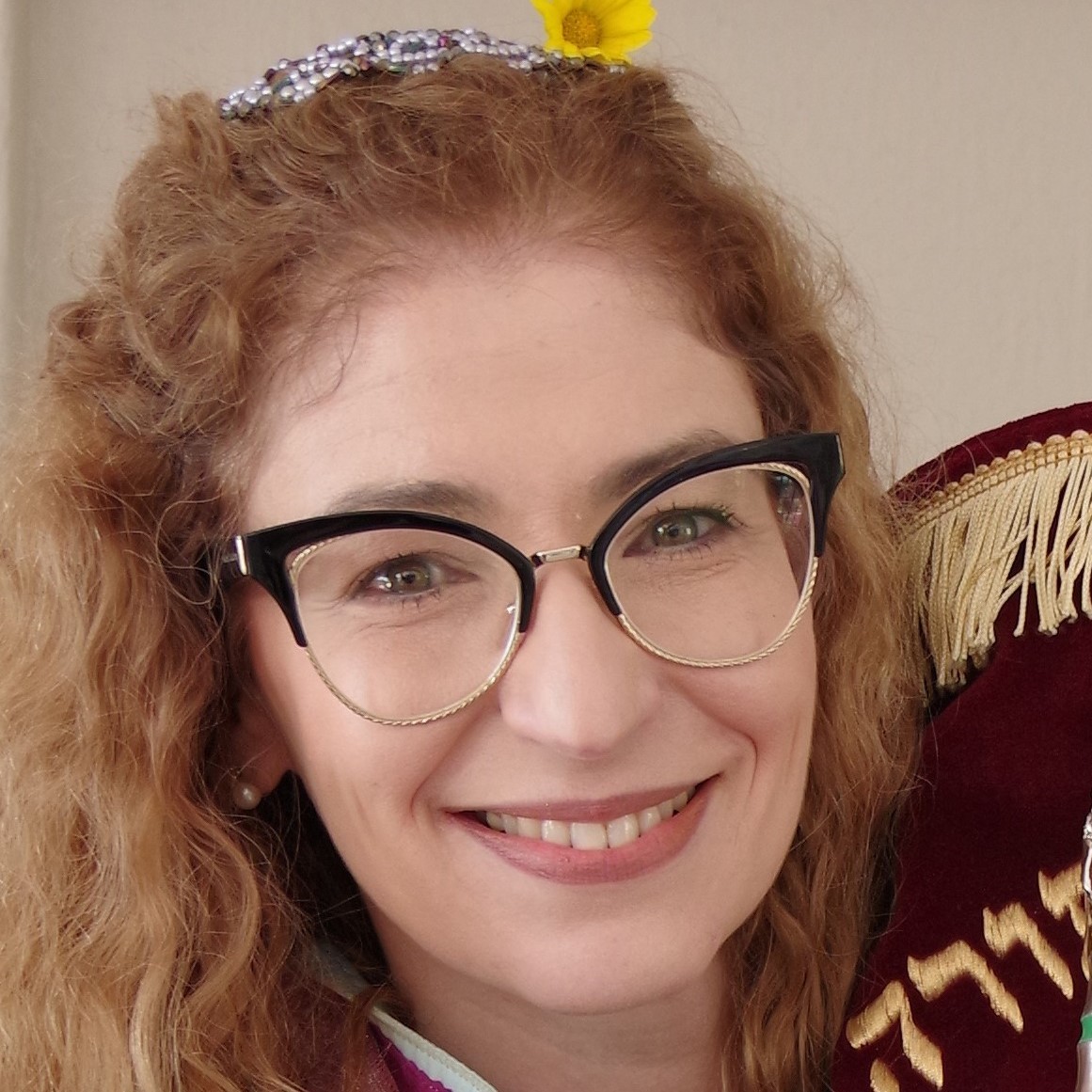
Religion

Kedoshim and compassion for strangers
The Book of Leviticus covers a lot of territories – from the Yom Kippur offerings to banning adultery, from the most universal ethical aspirations to the rejection of paganism, from loving one’s neighbour to rules about haircuts and beard trims. The early liturgists of reform Judaism chose Leviticus Chapter 19 as the scriptural centre of the Yom Kippur afternoon.
At the heart of the holiest day of the Jewish year, the text of kedoshim’s holiness code demands that we bring compassion and justice to our world. Social justice isn’t just a 21st-century concept; 2 500 years ago our ancestors taught that while ritual life matters, holiness requires economic justice, immigrant justice, environmental justice, and more.
“The Eternal spoke to Moses, saying, ‘Speak to the whole Israelite community and say to them, ‘You shall be holy, for I, the Eternal your G-d, am holy.’” (Leviticus 19:1-2)
Throughout the Torah, we are given rules and statutes that tell us what to do. Here, we are told what to be. Who is to be holy? The whole people are addressed. In Hebrew, it’s kol adat b’nai Israel, (the entire Israelite community). Not just the priests or Levites, not only the men, but holiness is commanded of everyone.
Among other commandments, the holiness code teaches:
- Leviticus 19:33: “When a stranger resides with you in your land, you shall not wrong him.”
- Leviticus 19:34: “The stranger who resides with you shall be to you as one of your citizens; you shall love him as yourself, for you were strangers in the land of Egypt. I the Lord am your G-d.”
Do these verses that instruct us to be holy still apply in today’s age? Are we doing what we should to treat the stranger who resides with us with decency?
Rabbi Eliyahu Dessler, a spiritual leader from Latvia in the 20th century, suggests that the obligation to act with respect toward another person derives not from that person’s nationality, but from his humanity. He writes, “The root of this obligation lies in our obligation toward a human being by virtue of his being a human being.”
The usual translation of the word kedoshim into English is “holy”, but it doesn’t carry with it the nuance present in the original Hebrew. Kedoshim isn’t exclusively meant to represent holiness in the common usage of the word, but encompasses dedication and devotion to a cause, an idea, to a faith itself.
Do we treat human beings who have immigrated from one country to another with dignity and respect? Or with indifference, suspicion, or contempt? Why, for instance, are we always so suspicious of people that want to join our community?
In this modern age, it can be difficult to value equality and fairness. Yet we must strive to follow this important commandment so that we may maintain our Jewish identity with a sense of pride. Give yourself the permission to be a better, kinder person. Treat strangers with the dignity, respect, and the kindness you would hope for yourself.










